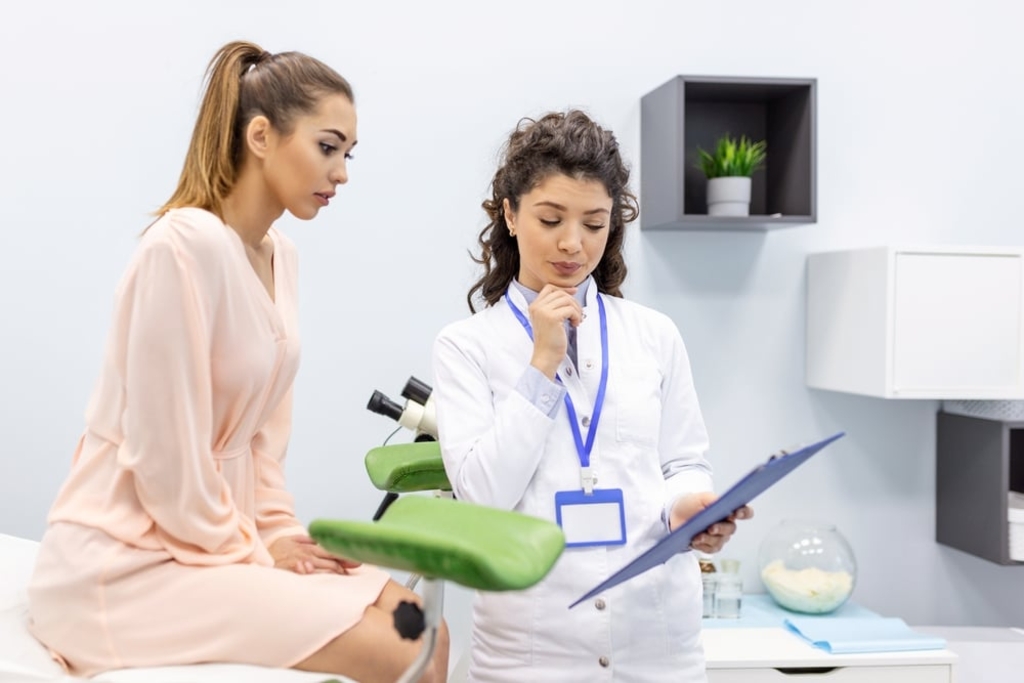Regular health screenings play a crucial role in maintaining women’s health, catching potential problems early, and promoting long-term wellness. Knowing which screenings are essential and when to get them empowers women to take control of their health at every stage of life.
In this comprehensive guide, we’ll walk you through the most important women’s health screenings, explain why they matter, and provide recommendations on the ideal timing for each.
Why Are Women’s Health Screenings Important?
Women’s bodies undergo many changes over time—from puberty and pregnancy to menopause and beyond. These changes can affect health risks, making regular screenings essential to detect issues like cancer, hormonal imbalances, and chronic diseases early when treatment is most effective.
Screenings also provide valuable opportunities to discuss lifestyle habits, preventive care, and any symptoms or concerns with healthcare providers.
Key Health Screenings for Women
1. Pap Smear and HPV Test
- Purpose: Detect cervical cancer and human papillomavirus (HPV) infection.
- When to Get It: Begin Pap smears at age 21, then every 3 years if results are normal. After age 30, Pap smears combined with HPV testing every 5 years is recommended.
- Why It Matters: Early detection of cervical changes can prevent cancer development.
2. Mammogram
- Purpose: Screen for breast cancer through X-ray imaging.
- When to Get It: Women aged 40-44 can choose to start annual screenings; ages 45-54 should get mammograms every year; 55 and older can switch to every 2 years.
- Why It Matters: Breast cancer is one of the most common cancers in women, and early detection saves lives.
3. Bone Density Test
- Purpose: Assess bone strength and risk of osteoporosis.
- When to Get It: Recommended for women over 65, or younger women with risk factors like early menopause or steroid use.
- Why It Matters: Osteoporosis increases fracture risk and impacts mobility.
4. Blood Pressure Screening
- Purpose: Check for hypertension (high blood pressure).
- When to Get It: At least once every 2 years if normal; yearly if elevated.
- Why It Matters: High blood pressure is a major risk factor for heart disease and stroke.
5. Cholesterol Test
- Purpose: Measure blood cholesterol levels to assess heart disease risk.
- When to Get It: Starting at age 20, repeated every 4-6 years or more often if risk factors exist.
- Why It Matters: High cholesterol can silently damage arteries.
6. Diabetes Screening
- Purpose: Detect type 2 diabetes or prediabetes through blood glucose tests.
- When to Get It: Starting at age 45 or earlier if overweight and other risk factors apply.
- Why It Matters: Early diagnosis can prevent complications.
7. Pelvic Exam
- Purpose: Evaluate reproductive organs for abnormalities or infections.
- When to Get It: Annually after becoming sexually active or by age 21.
- Why It Matters: Detects issues like ovarian cysts, infections, or pelvic inflammatory disease.
8. Skin Cancer Screening
- Purpose: Check moles and skin for signs of cancer.
- When to Get It: During annual physical exams or more frequently if you have risk factors (fair skin, sun exposure).
- Why It Matters: Skin cancer is highly treatable if caught early.
Additional Screenings for Special Situations
- Pregnancy-Related Screenings: Prenatal blood tests, gestational diabetes screening, and ultrasounds.
- Genetic Testing: For women with family history of breast or ovarian cancer (BRCA gene).
- Mental Health Screenings: For depression and anxiety, especially during pregnancy or menopause.
Tips for Preparing for Your Screening
- Schedule appointments in advance and keep a health diary.
- Discuss your family history and personal health concerns with your doctor.
- Follow any pre-test instructions, like fasting for blood tests.
- Don’t hesitate to ask questions about what the screening involves and the results.
Conclusion
Staying proactive with essential health screenings is key to maintaining women’s health and preventing serious illnesses. By understanding what screenings are needed and when, you can make informed decisions and work closely with your healthcare provider to protect your well-being.
Make it a priority to schedule regular screenings and encourage the women in your life to do the same. Your health is your most valuable asset—take care of it!

